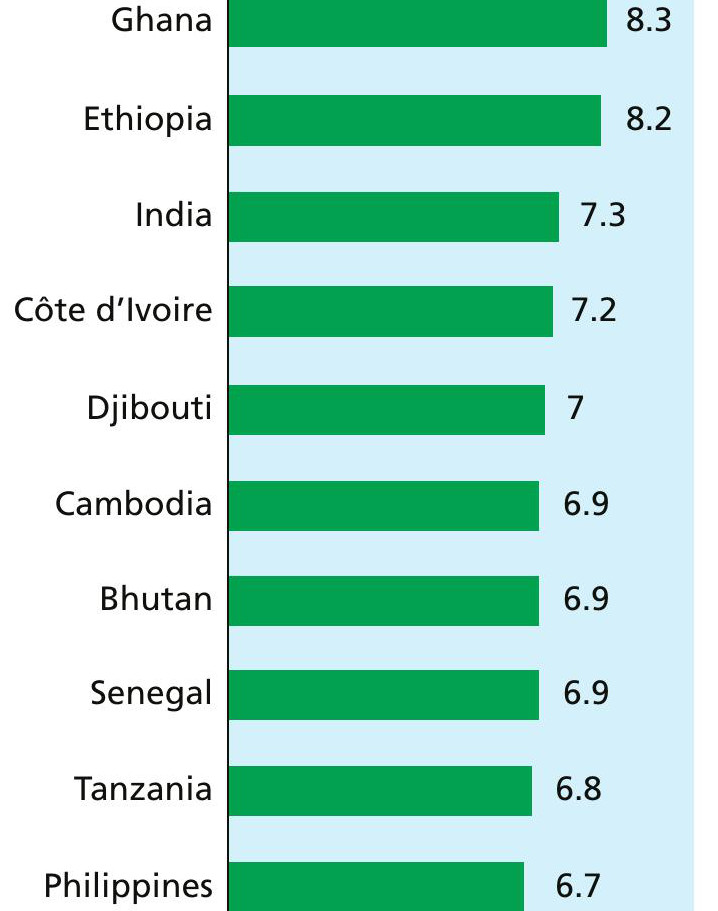
According to classical liberal economists, from Adam Smith in the eighteenth century to Friedrich Hayek and Milton Friedman in the twentieth century, the reduction of barriers to trade can be relied on to increase wealth and prosperity through the ‘invisible hand’ of the market. This is because the market provides new economic opportunities which, according to the laws of supply and demand, can always be taken advantage of by entrepreneurial individuals and businesses keen to make a profit.
Protecting the nation state’s economy with tariffs and subsidies simply encourages sloth and inefficiency since domestic businesses will have no incentive to innovate and instead will rely on the government to protect them from the rigours of the market. By embracing market forces, nation states are forced to produce as efficiently and imaginatively as possible, taking advantage of new opportunities to generate greater wealth.
Your organisation does not have access to this article.
Sign up today to give your students the edge they need to achieve their best grades with subject expertise
Subscribe




